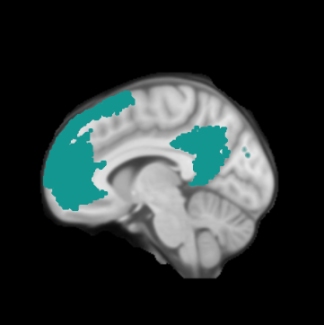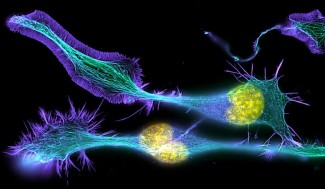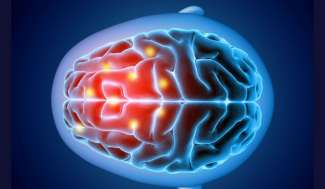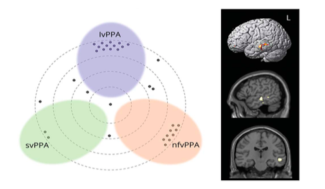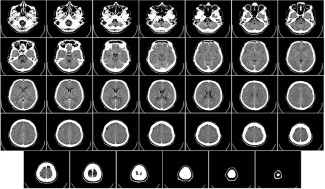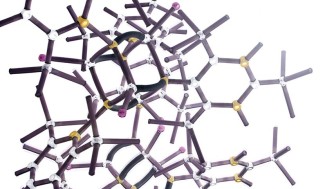Frontotemporal degeneration (FTD), also known as frontotemporal dementia or Pick's disease, is a cognitive and behavioural neurodegenerative disease. Around 6,000 patients suffer from this condition in France. FTD affects both men and women and accounts for around 10% of all dementias. The first symptoms generally appear between the ages of 50 and 65. The disease manifests itself through behavioural, emotional and language disorders.
The causes and biological mechanisms of frontotemporal degeneration
Around 50% of frontotemporal dementias are hereditary, originating in a genetic mutation carried by genes located on different chromosomes. These genes code for proteins such as progranulin, the TAU protein and others, the role of which is still largely unknown.
The symptoms of FTD are due to dysfunction in the frontal and temporal regions of the brain. These regions are involved in functions as diverse as behaviour, particularly social behaviour, initiative-taking, emotional control and language. In these pathologies, the brain areas concerned shrink (atrophy) as a result of the death of neurons, either through the accumulation of abnormal proteins or by mechanisms that are still not understood.
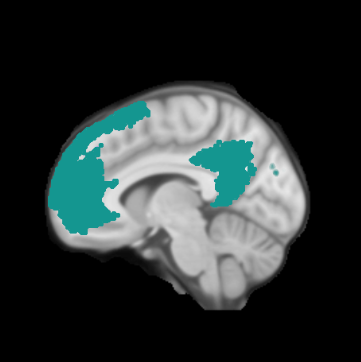
Symptoms and diagnosis of fronto-temporal dementia
Frontotemporal degeneration generally manifests itself through behavioural, personality and language disorders. It is a progressive disease, and the rate of progression to severe dementia varies from case to case.
At the onset of the disease, the symptoms of dft can be attributed to "intellectual fatigue", then some patients will display uninhibited behaviour, i.e. a loss of control over their actions and their words, such as inappropriate familiarity with strangers or excessive joviality. Others show obsessive-compulsive behaviour, a tendency towards aggression, anorexia or bulimia.
Language disorders are generally observed in all patients, either due to an inability to articulate, or a deficit in understanding and identifying objects or people. Memory and motor functions are generally preserved at the onset of the disease. Frontotemporal degeneration is first suspected by the patient's relatives, who report recent changes in behaviour, personality or language difficulties. Diagnosis of this disease is often differential, to rule out other dementias or psychiatric disorders. It is based on the symptoms presented by the patient during a neurological consultation. In some cases, a brain imaging scan or MRI is required to quantify the atrophy (loss of volume) of the brain.

Treatment of fronto-temporal degeneration
There is no specific cure for FTD. The proposed therapies are designed to reduce symptoms and improve the daily lives of patients and their families. Patients are cared for by a multidisciplinary team of neurologists, neuropsychologists, speech therapists and clinical psychologists, and are best treated in expert centres dedicated to these diseases.

